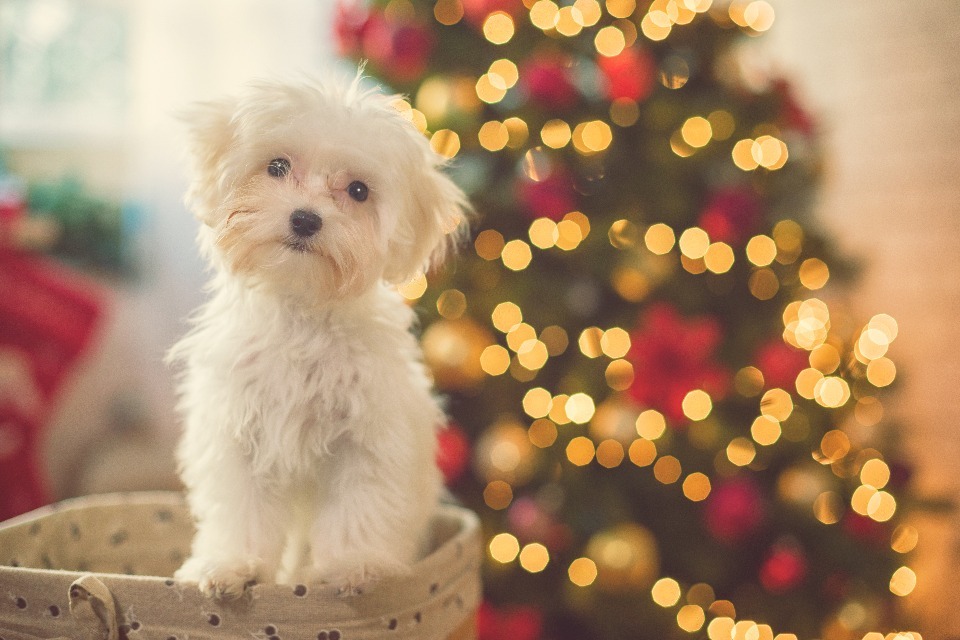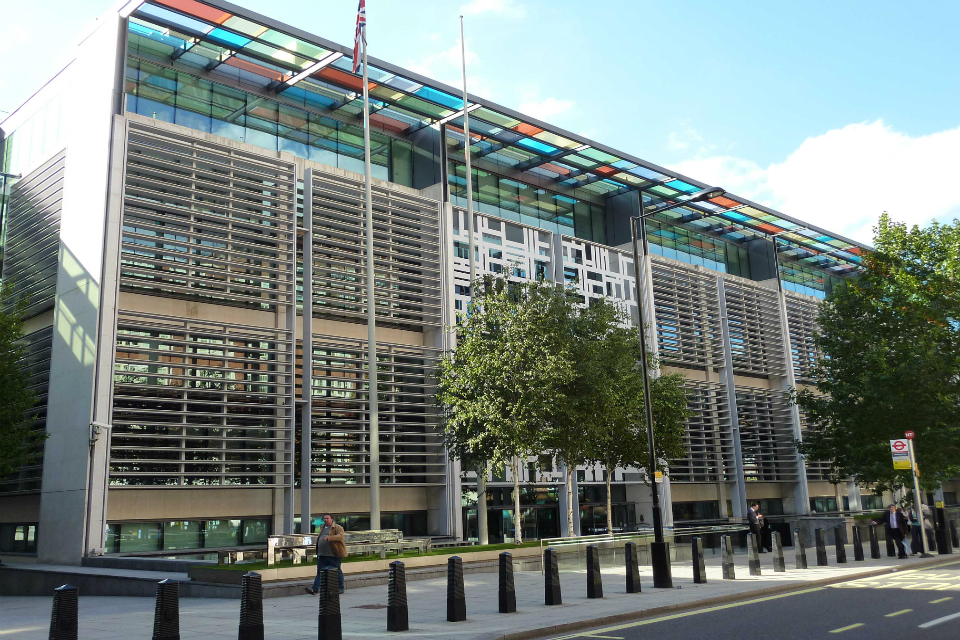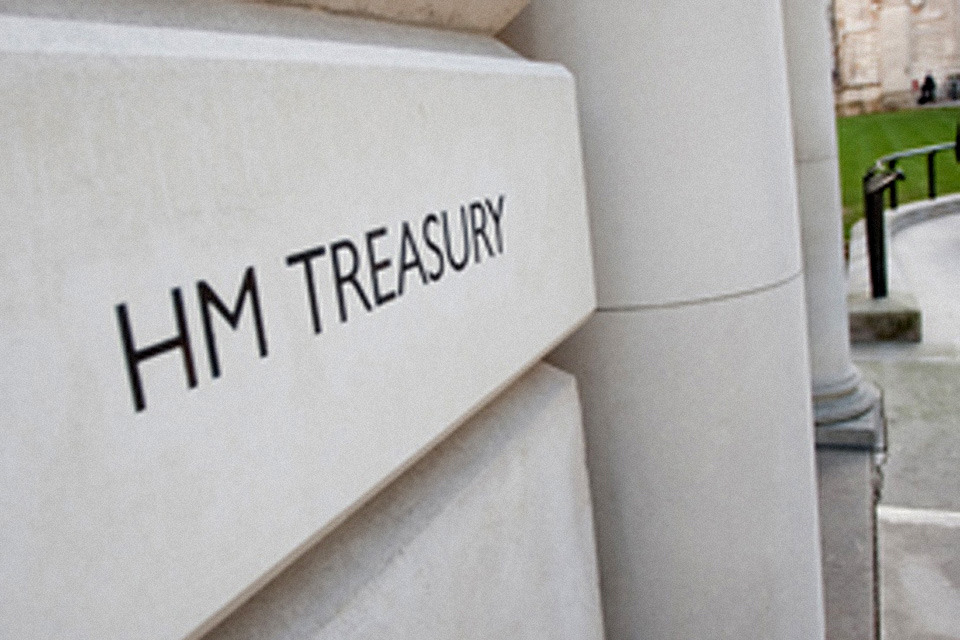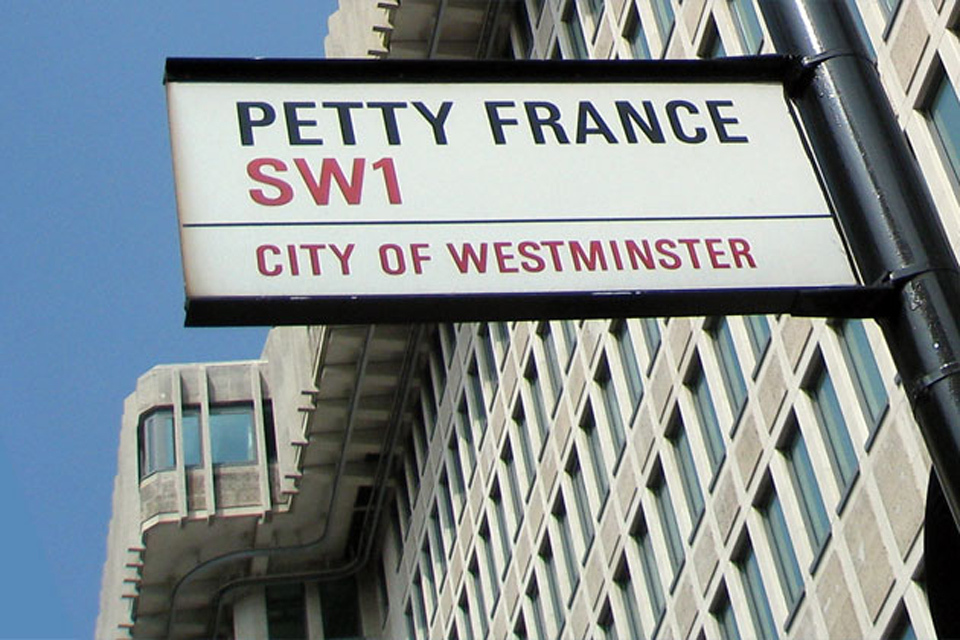The Chief Veterinary Officer has reminded families of some of the ways to exercise caution with their pets around Christmas to ensure a safe festive period for the whole family.
It is particularly important to remain vigilant about what your pet is consuming as harmful foods can often be more accessible around the house during this time of year.
It is best to check with your vet regarding any specific diets, but here are some general reminders which can help
- Chocolate is poisonous for dogs and if consumed requires urgent vet attention, so be wary about leaving boxes of chocolates exposed to dogs.
- If you are sharing your Christmas dinners with pets, certain elements should not under any circumstances be given to them Turkey bones can cause blockages in their airways, while onions, garlic, shallots and leeks should also not be shared with dogs as these ingredients are all toxic to them.
- Sweet items should also be shared with caution as mincemeat, currants, raisins and sultanas are also toxic. Vets will be best placed to advise on the entire list, as diets can also vary depending on the pets.
Pets should also be supervised around Christmas decorations keep tinsel and decorations such as Christmas lights at a safe distance to avoid animals eating or chewing them, and regularly hoover to avoid pets eating fallen pine needles. Be mindful of other festive hazards including poinsettias, holly berries and mistletoe which can also be harmful if eaten.
Keep your pets safe in the cold weather by making sure their bedding is kept away from cold draughts and keep dogs away from frozen ponds and lakes when out on a walk.
UK Chief Veterinary Officer Christine Middlemiss said
Whilst Christmas is not the best time to introduce a new pet to your household, there are precautions you can take over the festive period to make sure you are taking steps to keep them safe and happy.
There are some increased risks around this time – from potential hazards such as toxic foods to making sure your animals are kept warm – and being aware of these will help you and your pets have a safe and enjoyable Christmas.
If you are buying a new dog for Christmas, make sure you check the animal is microchipped and that the keeper’s details are registered to a compliant database. Deceitful pet sellers use a range of tactics to ‘Petfish’ unsuspecting buyers. These unscrupulous sellers pretend that the puppy or kitten they’re selling you comes from a happy home. In reality, the animal may have been bred or kept in poor conditions.
Bringing pets to the UK from overseas has increased animal health and welfare risks. If rescuing a pet from abroad, families should check who the rescue organisation is, that the pet will be transported by an authorised transporter and that the animal has received a vet check before travel. Prospective owners should also check that the pet has been tested for any relevant disease before moving them to the UK.
It’s important to do your research so you know your new pet has come from a responsible seller.
If you have any concerns or queries regarding your pets over Christmas, it is best to get in touch with your vet. Further information on our Petfished campaign is available on GOV.UK.








